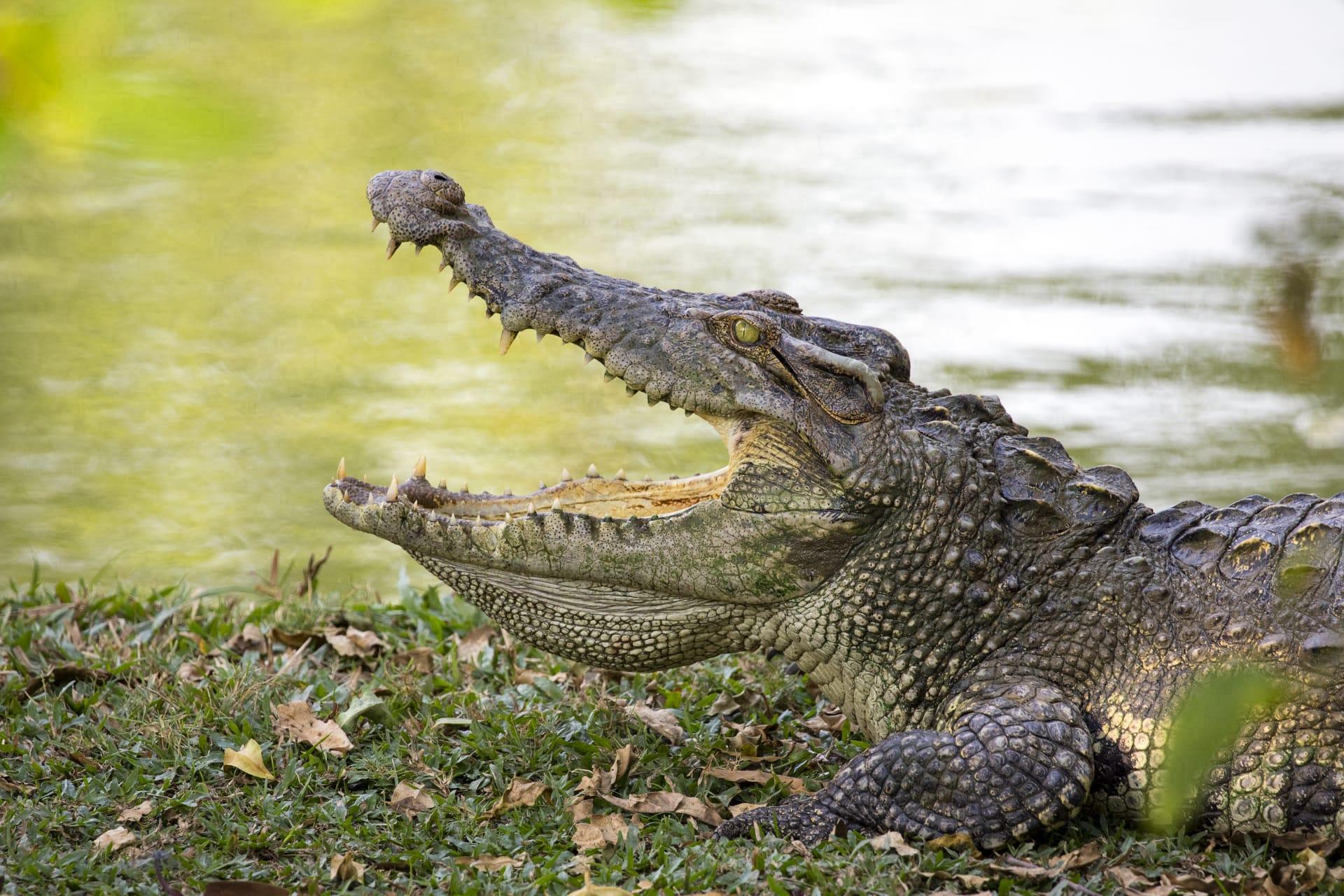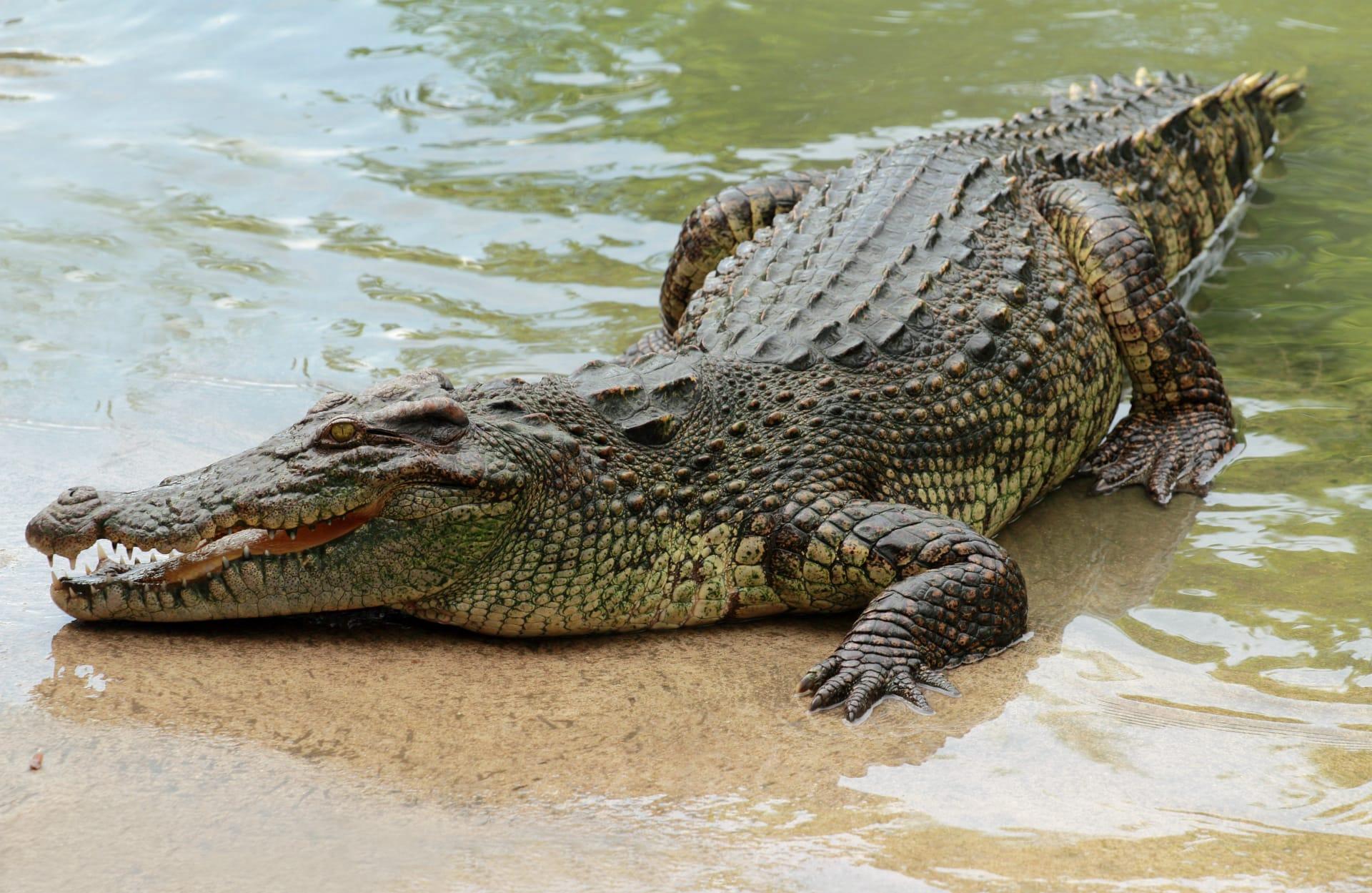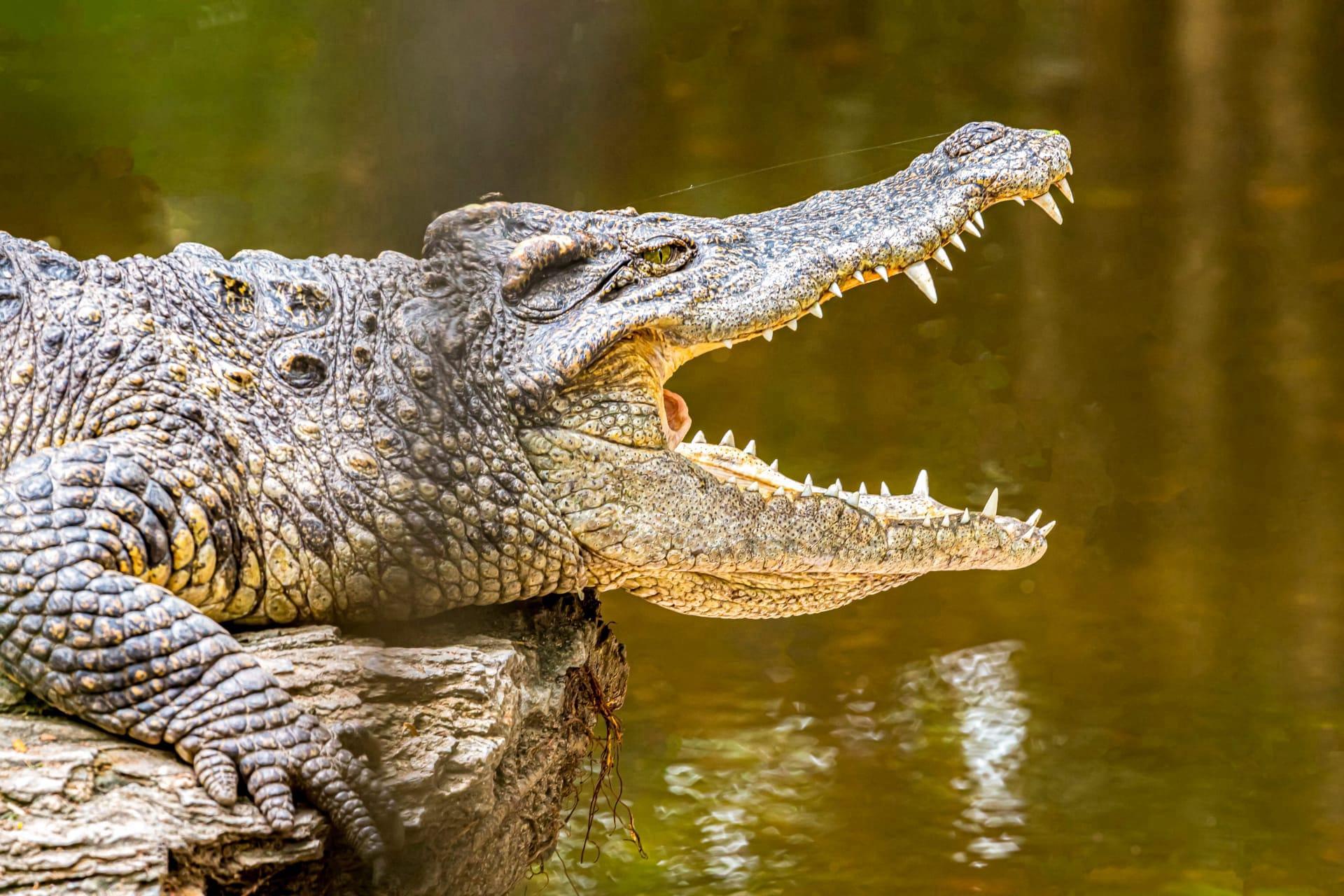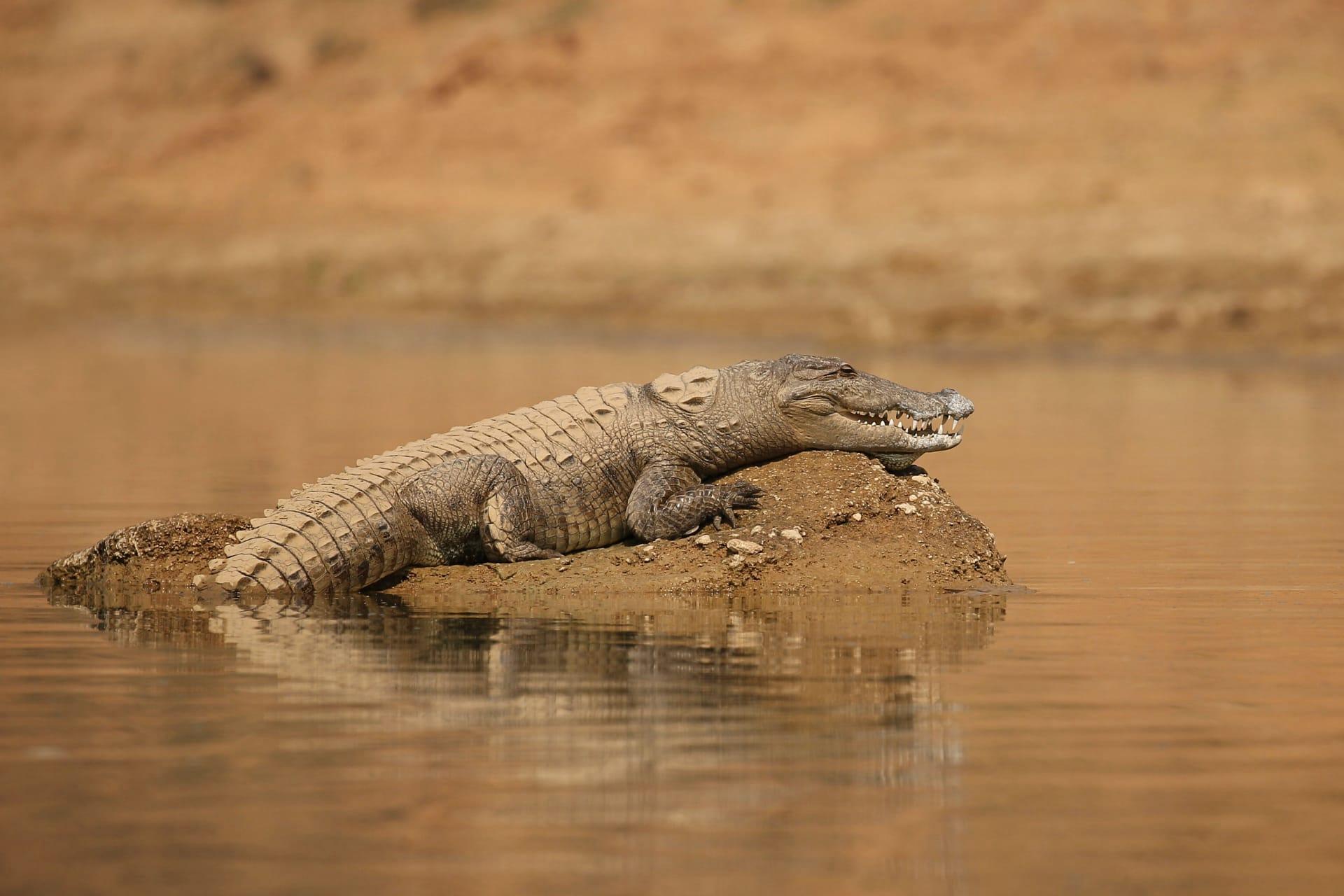1
Crocodiles have a remarkable ability to go long periods without eating. A crocodile can survive for over a year without food due to its slow metabolism and efficient energy use. During periods of food scarcity, they rely on their stored fat reserves and can even reduce their metabolic rate to conserve energy.
Another fascinating aspect of crocodiles is their powerful bite. Their jaws can exert a force of over 3,700 pounds per square inch (psi), making it the strongest bite of any living animal. This immense power helps them in capturing and dismembering prey, and is a key factor in their success as apex predators in their ecosystems.

2
Crocodiles have a unique heart among reptiles, featuring a four-chambered structure similar to birds and mammals. This advanced cardiovascular system allows them to control the blood flow more effectively, enhancing their ability to hold their breath underwater for extended periods, up to an hour in some cases.
The eyesight of crocodiles is another interesting feature. They have excellent night vision and are highly adapted to seeing in low light conditions. This is due to a layer of reflective crystals behind their retinas, known as the tapetum lucidum, which enhances light sensitivity and is crucial for their nocturnal hunting.

3
Crocodiles display remarkable parenting behavior, which is quite rare among reptiles. Female crocodiles exhibit a high level of maternal care, guarding their nests tirelessly for months and even helping their hatchlings reach water by carrying them in their mouths. This protective behavior significantly increases the survival rate of the young.
Crocodiles have a unique vocalization ability. They can make a variety of sounds, including hisses, grunts, and a distinct bellowing during the mating season. These sounds are not only communication tools but also play a role in territorial displays and mating rituals, demonstrating their complex social behaviors.

4
Crocodiles have an impressive lifespan, living up to 70-100 years. This longevity is attributed to their slow growth rate and efficient metabolic processes. Their ability to resist aging and disease is a subject of ongoing scientific research, with potential implications for human medicine.
The sensory organs of crocodiles are highly developed. They possess integumentary sensory organs (ISOs) on their scales, particularly around the jaw, which are extremely sensitive to changes in water pressure and vibrations. This helps them detect prey movements in water, making them effective ambush predators.

5
Crocodiles have an exceptional immune system. They can fight off infections and heal wounds rapidly, even in dirty environments like swamps and rivers. Researchers study their immune system to understand and possibly develop new antibiotics and treatments for human diseases.
The swimming speed of crocodiles is noteworthy. They can swim at speeds up to 15-25 mph (24-40 km/h) by moving their bodies and tails in a sinuous, eel-like motion. This agility in water makes them efficient hunters, able to catch fast-moving prey and evade threats.